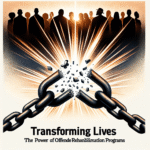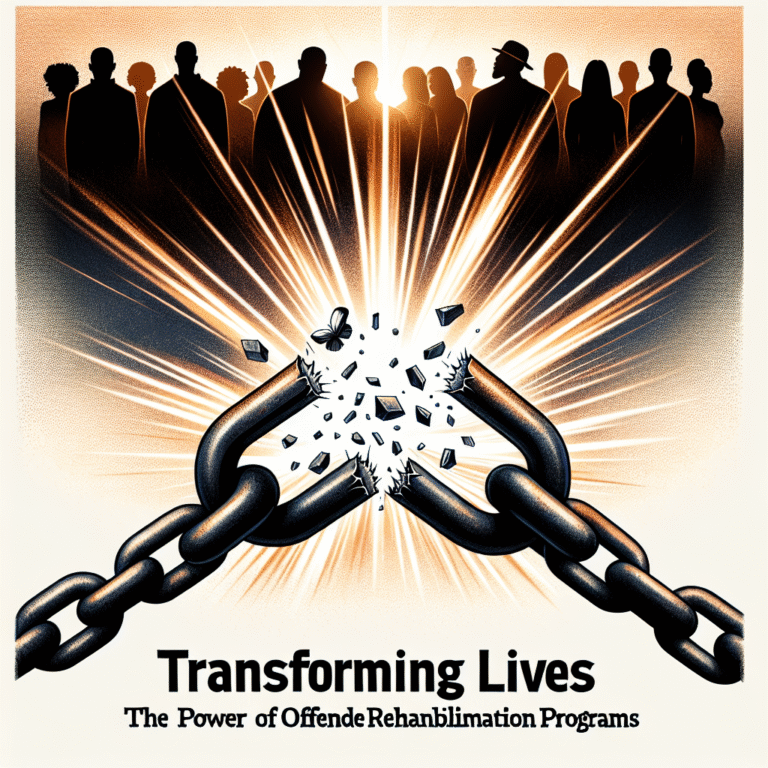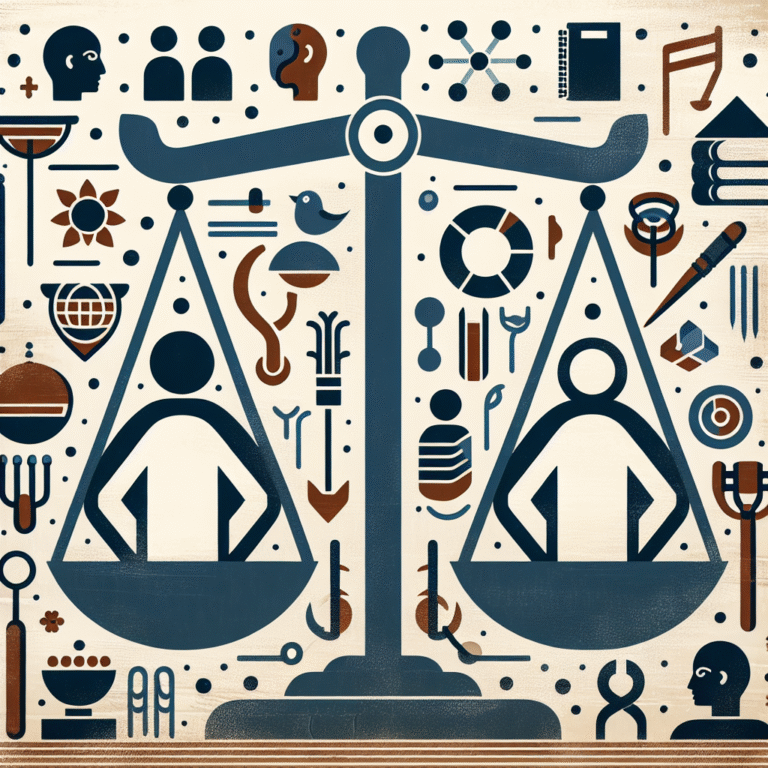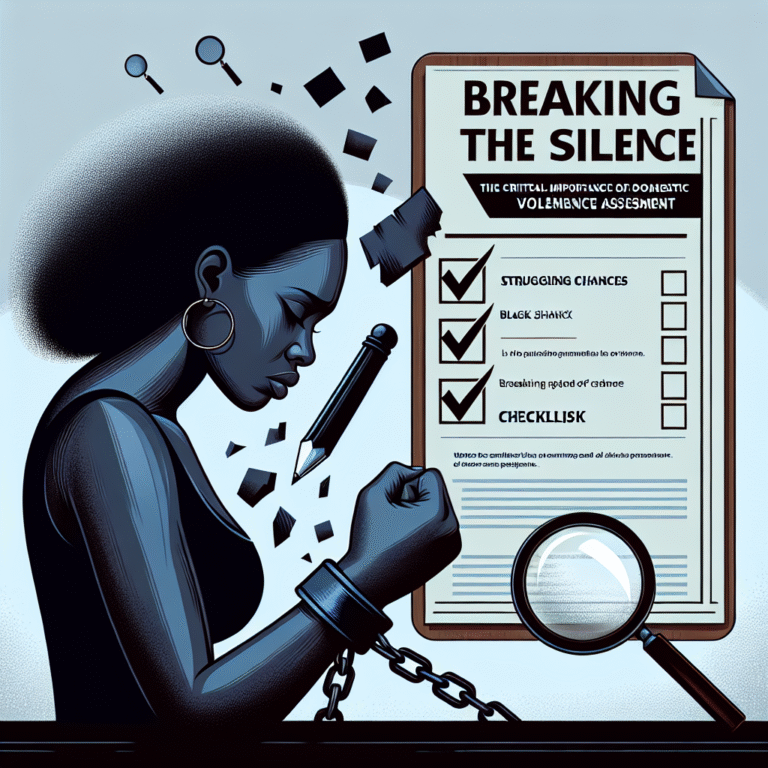
Introduction
Imagine a friend or family member whose life suddenly spirals into turmoil, stemming from the relentless pursuit of an individual who refuses to take "no" for an answer. Stalking can be a terrifying experience, not just for the victim but for those who care about them. As the saying goes, “It takes a village,” and in the case of stalking behavior, friends and family members play a crucial role in recognizing the signs and providing support.
Understanding how to detect stalking behavior is critical for early intervention. With the right knowledge, friends and family can act as a protective shield, helping loved ones navigate a labyrinthine path toward safety and recovery. This guide, Detecting Stalking Behavior: A Guide for Friends and Family, will delve into the nuances of stalking, equip you with vital insights, and empower you to support someone in distress.
Understanding Stalking Behavior
What Is Stalking?
Stalking is defined as a pattern of repeated, unwanted attention that causes fear or distress. It can manifest in various forms, from persistent phone calls and text messages to physical surveillance. Importantly, stalking often escalates over time, making early detection pivotal.
Statistics That Speak Volumes
Recent studies reveal alarming statistics on stalking:
- 1 in 6 women and 1 in 19 men have experienced stalking victimization in their lifetime (National Center for Victims of Crime).
- 67% of female stalking victims were stalked by an intimate partner.
These numbers highlight the prevalence of stalking behavior and underscore the necessity for awareness and advocacy.
Subtle Signs of Stalking Behavior
Common Indicators to Observe
- Constant Communication: Excessive calls, texts, or emails, especially when unreciprocated.
- Uninvited Appearances: The stalker showing up at workplaces, homes, or social events without invitation.
- Monitoring Online Activity: Scrutiny of social media accounts or taking note of online activity.
- Unfounded Accusations: False claims about infidelity or betrayal, often made in a jealous or paranoid context.
Case Study 1: Sarah’s Story
Sarah, a 28-year-old graphic designer, began receiving late-night texts from an ex-boyfriend after their breakup. Initially believing it was benign, her unease grew as he started showing up at her workplace. Over time, Sarah learned the importance of recognizing these red flags, enabling her to seek help.
Analysis: Sarah’s experience demonstrates how crucial it is to identify subtle signs early, empowering individuals to take action before the situation escalates.
The Emotional Toll of Stalking
Psychological Impact
Victims of stalking often experience heightened anxiety, paranoia, depression, and even PTSD. It’s crucial for friends and family to understand the emotional ramifications.
Supporting the Victim’s Mental Health
- Open Communication: Encourage dialogue without judgment.
- Professional Help: Suggest therapy or counseling tailored for trauma.
- Safe Spaces: Create environments where the victim feels secure discussing their fears.
Building a Safety Plan
Steps for Friends and Family
- Document Everything: Advise your loved one to keep detailed records of every incident.
- Establish Boundaries: Help them set limits regarding communication with the stalker.
- Safety Measures: Encourage discussions about increased security at home and work.
Case Study 2: Tom’s Escape Plan
Tom was a victim of stalking by a former acquaintance. He was hesitant to speak up. After discussing signs of stalking with his friends, they banded together to draft a safety plan. They documented everything and arranged safe transportation for him.
Analysis: Tom’s story illustrates how community support and proactive planning can mitigate risks associated with stalking behavior.
Legal Considerations
Understanding Protective Orders
Victims may be eligible for protective orders that legally prohibit the stalker from contacting them. Friends and family can play an essential role in guiding the victim through legal processes.
Reporting to Authorities
Encourage your loved one to report stalking behavior to the authorities. Be supportive and help them feel confident in making the report.
Resources and Support Networks
Available Services
- National Domestic Violence Hotline: Offers confidential support and resources for victims.
- Local Shelters and Advocacy Groups: Many communities provide assistance specifically for stalking victims.
Educating Others
Help raise awareness about stalking within your community. Host workshops or informational sessions to educate friends, family members, and colleagues.
Conclusion
In Detecting Stalking Behavior: A Guide for Friends and Family, we have explored the critical elements of identifying, understanding, and addressing stalking. By recognizing the signs early and providing unwavering support, friends and family can significantly impact the safety and well-being of their loved ones. The path to recovery is often challenging, but no one should walk it alone.
Take the initiative. Speak up. Most importantly, be a proactive protector for those you care about. In a world where awareness can lead to safety, your engagement might just be the lifeline someone desperately needs.
Frequently Asked Questions (FAQs)
1. What should I do if I suspect someone is being stalked?
Encourage open dialogue with the person, listen without judgment, and help them document their experiences. Suggest contacting local authorities for professional support.
2. How can I support a friend who is being stalked?
Be there for them emotionally, help create a safety plan, and encourage them to seek professional help if needed.
3. What are the legal steps I can take against a stalker?
Victims may seek restraining or protective orders against the stalker. Consult with local attorneys or law enforcement for more information.
4. How do I document stalking behavior effectively?
Maintain a detailed record of each incident, including dates, times, locations, and descriptions of what occurred. This information can be critical for legal proceedings.
5. Can stalking be reported anonymously?
Yes, many authorities allow for anonymous reports, especially in sensitive circumstances. Contact local law enforcement or victim advocacy organizations for guidance.
By following this guide, you can equip yourself to detect and respond to stalking behavior effectively—be that supportive friend or family member anyone would be grateful to have.

















